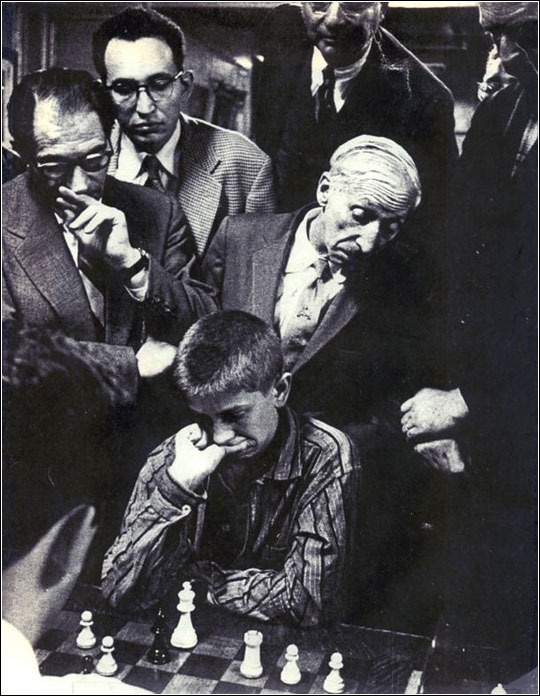Chess as Psychotherapy

Chess therapy was founded as early as AD 852-932 by a certain Dr. Rhazes who was chief physician at Baghdad Hospital. Dr. Rhazes uses chess strategies and tactics as metaphors in real life to help patients think clearer.
Wikepedia reported, "One of the earliest reported cases of chess therapy involves the improvement in an isolated, schizoid, 16-year old youth that took place after he became interested in chess. Chess provided an outlet for his hostile impulses in a non-retaliatory manner. Good use was made of the patient's digressions from the game and his newly acquired ability to speak about his feelings, fantasies and dreams which the particular emotional situation of the game touched off. The report demonstrates how the fact that chess is a game, and not real, enabled the patient to exert some conscious control over his feelings and thus learn to master them to a limited extent."
Findings showed that chess as psychotherapy can lead to better doctor-patient relationships, confirmatory or alternate diagnosis, and total recovery/healing.
ST. PAUL CHESS MISSION with Dr. Angelo Subida

Comments